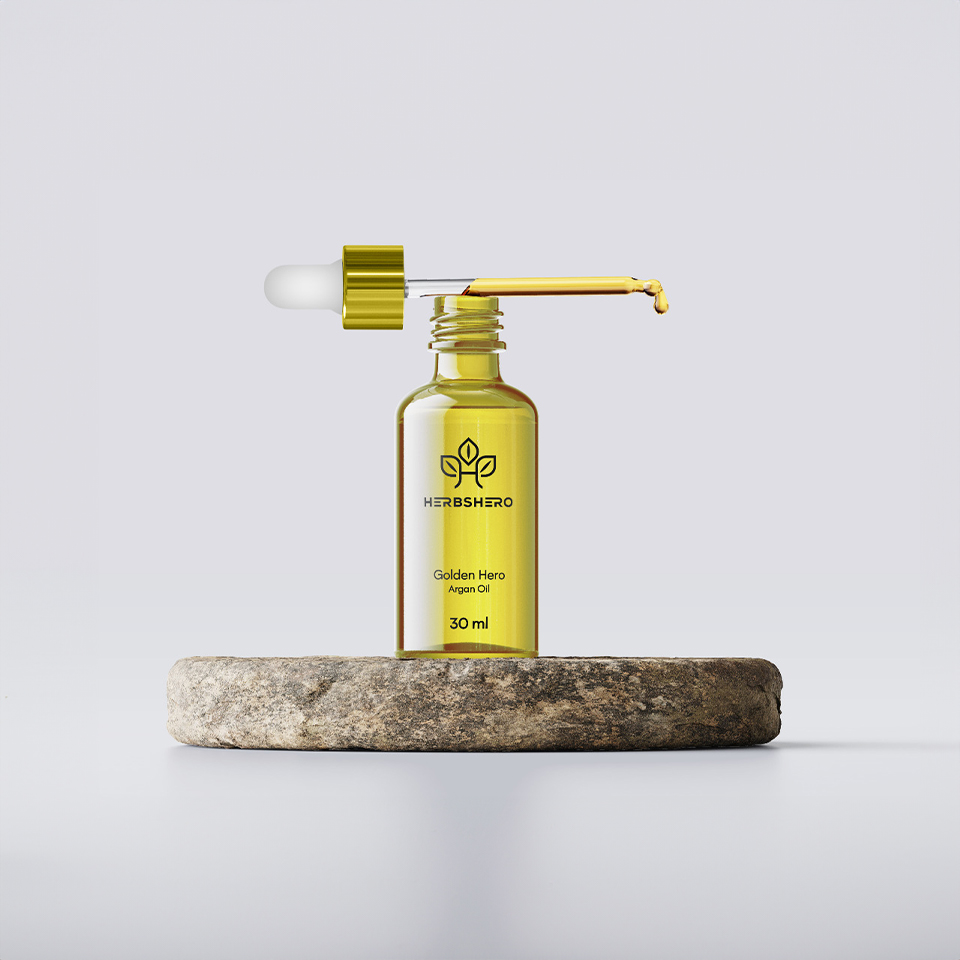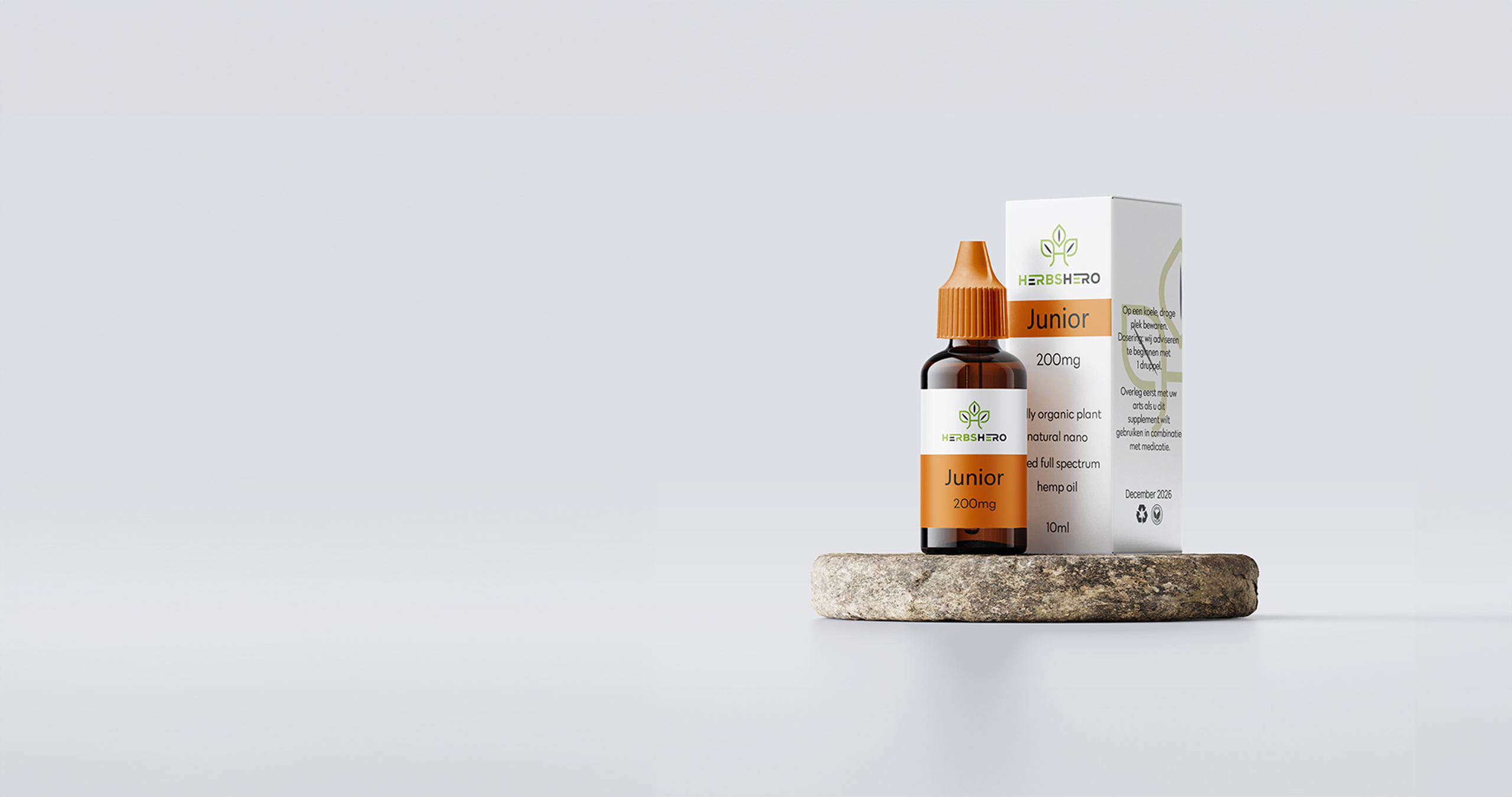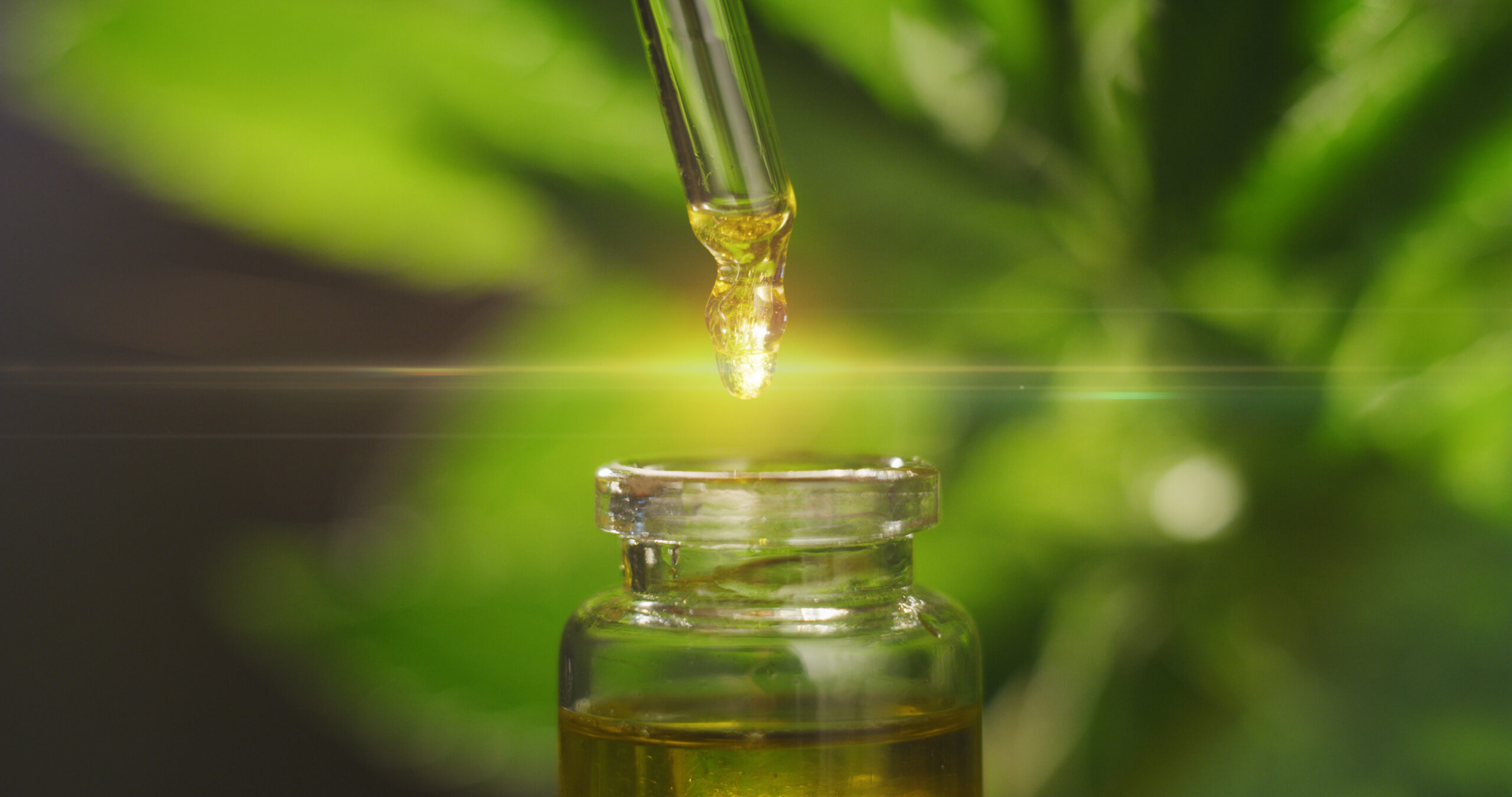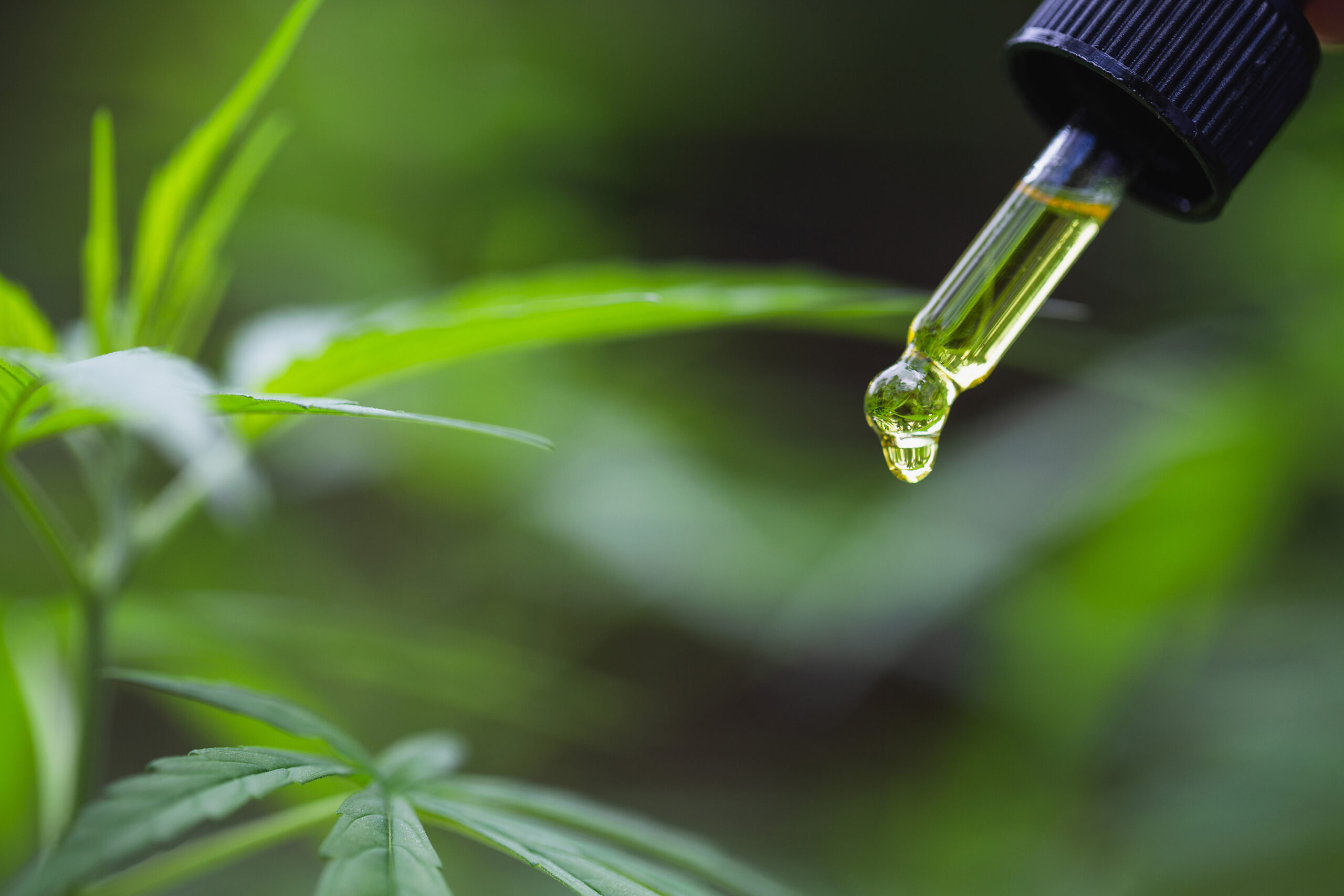For those ready to start incorporating CBD into their daily routine, one of the most frequently asked questions is whether CBD can have an effect on appetite.
Because CBD comes from the cannabis plant, many people associate CBD with feeling “high” and getting the “munchies. The ‘munchies’ is often associated with cannabis for a reason. Although this attack of increased appetite and cravings may be the side effect of overconsumption of THC, increased appetite and cravings are not side effects of using CBD.
THC stimulates appetite. It binds to the CB1 receptor. The CB1 receptor can induce hunger. The “munchies” or uncontrolled hunger is the phenomenon caused by overconsumption of THC, whether it is used medicinally or recreationally. Most cases of munchies result from irregular consumption patterns. Consuming THC on an empty stomach is also a common cause.
Unlike THC, CBD does not affect appetite or increased hunger because CBD does not bind directly to either receptor (CB1 and CB2).
What does it mean when we feel hungry?
Whether you feel hungry depends largely on the hormones present in the hypothalamus. When you have an empty stomach, a hormone called ghrelin is produced. The hormone is passed to the CB1 receptor, which prompts you to want to reward yourself with nutrients that keep the body running. Ghrelin is an appetite-stimulating peptide between the brain and intestines, transmitted through the vega nerve. It is released when the stomach has nothing to digest and then sends signals to your hypothalamus to tell you that you are hungry.
CBD and THC – what’s the difference?
THC and CBD come from the same plant. THC is found in lower quantities in the Cannabis sativa plant, and in higher qualities in the Cannabis indica plant. In the case of the Cannabis sativa plant, the plant components exhibit different properties when it comes to THC and CBD. Unlike THC, CBD has no psychotropic properties, which means two things:
CBD will not get you high
CBD doesn’t give you ‘munchies’
CBD (Cannabidiol) is a cannabinoid from the cannabis plant that has been shown to have anti-inflammatory and antioxidant properties in both animals and humans. CBD is a suitable herbal option for the treatment and management of pain. Further studies are needed to determine the full range of CBD’s potential medicinal properties.
THC, on the other hand, is best known for its psychotropic properties. This is because THC connects to CB1 receptors in the brain which triggers a chemical reaction. This gives the consumer a “high” feeling. Binding to this receptor releases more of the hunger hormone ghrelin. Especially when consumed in large quantities, users may suffer from “munchies.” THC also affects the signals in the brain that would otherwise tell you that you are full.
Unlike THC, CBD is not attached to CB1 or CB2 receptors. CBD interacts with the receptors and activates them. So it does not cause a “high” feeling and it cannot make you feel particularly hungry.
Can CBD affect your appetite?
If you want to incorporate CBD into your daily routine, you don’t have to worry about increasing hunger pangs. CBD can have an effect on your digestive system, but only in the sense that it reduces acid production and therefore helps with heartburn.
There are no definitive studies yet on the effect of CBD on general appetite. However, a 2011 study on animals shows promising results in rats. The study found that CBD may affect hyperphagic effects and thus could help reduce excessive nutrient intake.

The endocannabinoid system and appetite
The endocannabinoid system (abbreviated ECS) is a complex system of endocannabinoids, molecules and enzymes present throughout the human body. Receptors are found in the central nervous system and in the immune system.
Research on this complex system over the past 30 years claims that the ECS is not only responsible for homeostasis (balance in the body), but can also affect our mood, metabolism, memory, sleep and also appetite.
CB receptors have been shown to affect appetite, as this study shows:
“Therapeutic appetite stimulation by cannabinoids has been studied for decades, particularly in relation to cachexia and malnutrition associated with cancer, acquired immunodeficiency syndrome, or anorexia nervosa.
But it is certainly not yet clear how cannabinoids, and CBD in particular, affect appetite. However, we can conclude that the research in the last decade is promising.

Natural beauty for hair and skin
Our Argan oil is pure and of the highest quality, and it can be a valuable addition to your daily beauty routine.
Conclusion
- Research on the exact impact of CBD on appetite is not yet available, but initial results are promising.
- CBD does not cause a “high” feeling and therefore does not give you “munchies.”
- CBD interacts with receptors differently than THC, so the body’s response to it is significantly different.





